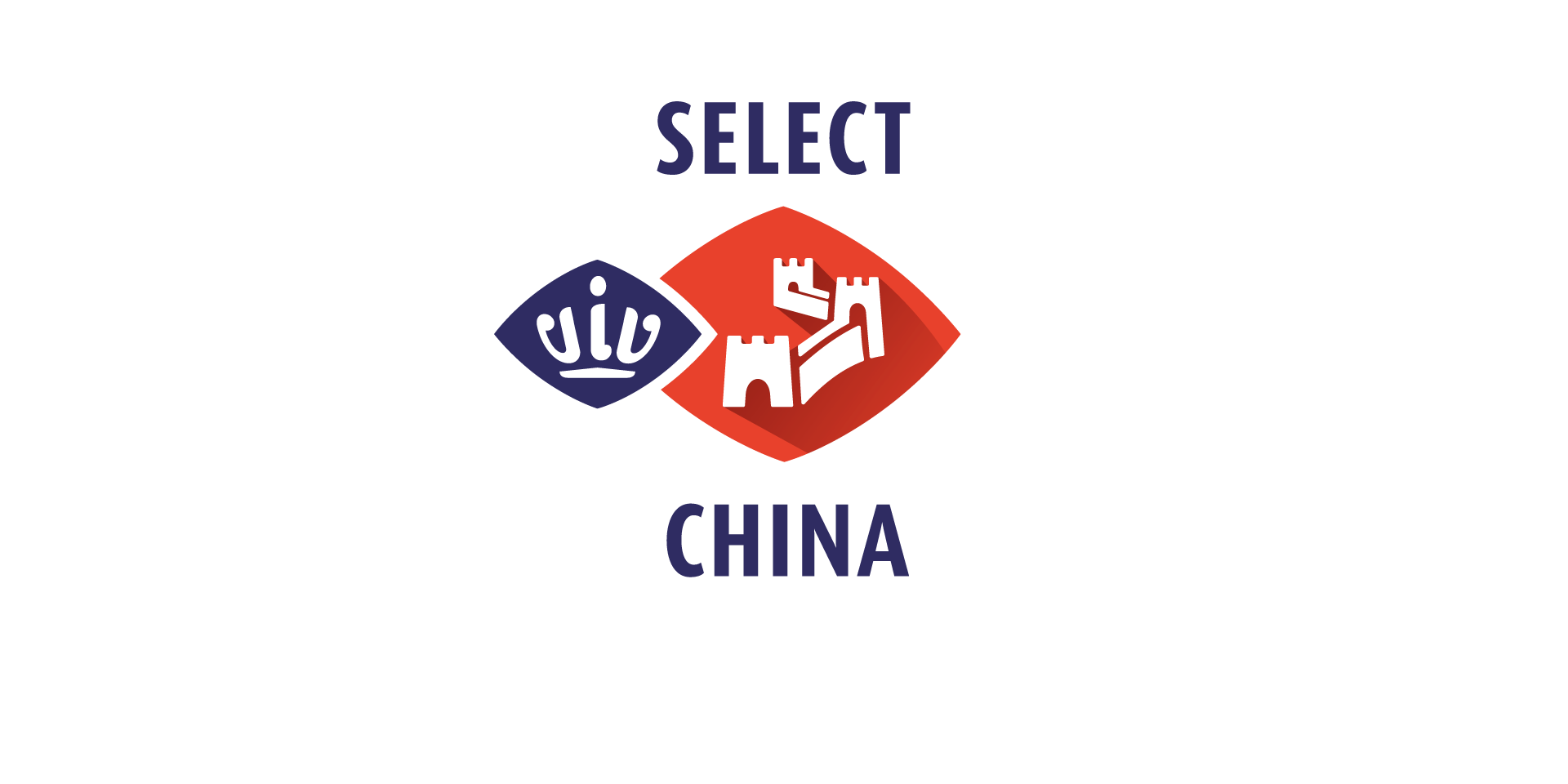The voices of China’s Animal Husbandry Industry
With the effective control of the COVID-19 outbreak in China, China’s animal husbandry industry is essentially back to work and production. In these exceptional times, VIV QINGDAO interviewed some well-known domestic animal husbandry companies about various perspectives, such as business development, trade strategy, industry growth and problem solving experiences in this epidemic. Let’s take a look at what the Chinese animal husbandry leaders share with their overseas industry colleagues.
Company: MinTech (Tianjin) Minerals Co., Ltd.
Interviewee: Zhou Huitang
Position: CEO
What do you think of the new challenges for the animal husbandry from the beginning of the COVID-19 epidemic to the present stage? In what way will it influence the strategies in China and overseas market?

The animal husbandry is different from other industries. It is not easily suspended. It is predicted there will be a certain impact on products of both less-effective products and products that are completely dependent on imports. However, it is a good opportunity for the domestic suppliers to improve industry technology, and customers who relied on imported products before will turn to the domestic market to find alternative products. MinTech (Tianjin) Minerals Co., Ltd. was founded and considered as its own R&D center of the Asia Pacific region.
All its construction standards and experimental equipment are synchronized with the headquarters of the United States. It has its own mines in China and has joint ventures with important raw materials enterprises, to ensure the quality and stability of the product supply. With the resumption of production, we quickly completed orders that we received during the epidemic period. We also stored more products for future shipments to ensure the stability of domestic and Asia Pacific markets.
In the face of the Covid-19 epidemic, the animal husbandry industry shows new vitality. What do you think of the future developments and changes? Which trends will be more obvious?
The epidemic and the continuous African swine fever have caused a large number of small, medium-sized and individual investors to withdraw from the animal husbandry industry. On the other hand, large breeding enterprises speed up their expansion. It can be seen as a process of accelerated elimination and shuffling in the industry. Therefore it is conducive to the requirements of environmental protection and management standards. On the other hand, with the expansion of large breeding enterprises, the animal husbandry industry is bound to get rapid improvement in breeding level and technology. Although, the challenges faced by the feed breeding industry will be more serious than before due to the epidemic, enterprises with management advantages will benefit from it. Meanwhile, large enterprises have strong anti-risk ability, which can effectively guarantee production and sales, and ensure stable operation of the overall capita.
At present, China’s animal husbandry has basically returned to work and production, what valuable experiences can you share with domestic and foreign counterparts?
At the beginning of 2020, because of this unexpected epidemic situation, the country and the people have experienced a severe test. With the effective control of the epidemic in China, the animal husbandry industry and other industries have started to return to work. In the initial process of returning to work, our company formulated the emergency response plan for epidemic prevention and control, various epidemic prevention systems and guidelines for work and life, and actively carried out various epidemic prevention works. For the orders delayed during the epidemic, the production and delivery were arranged immediately after resumming production to meet the customers’ needs. Our company has resumed normal work and production under the guidance of the government and the cooperation of all employees of the company.
In terms of raw materials and packaging materials, our company stores enough for at least half a year’s use in advance for both imported and domestic raw materials, semi-finished products and packaging materials. Due to the routine practice of keeping fairly large stock of goods, our company can arrange production as soon as workers are in place after resumption of work. There will be no awkward situation that “”one can’t make bricks without straw””.
In terms of employees, they should not believe in or spread rumors, abide by various epidemic prevention guidelines and regulations formulated by the company, try to avoid face-to-face situation in office, keep a safe distance, and correctly wear masks. With these measures in place, working efficiency has prominently improved.
After the global pandemic eases, mainly in the second half of this year, will the market demand for products and technologies increase substantially?
After the epidemic, there will be a high probability that husbandry industry will rebound. It is African swine fever that is the more serious problem facing breeding enterprises. The technology and products that can effectively prevent and control African swine fever are the urgently needed in this period. In addition, many traditional industries have been transferred to online working through this epidemic, such as real estate, automobile, education, etc. Agriculture and animal husbandry industry have been exploring this before. I believe that working online will become a new channel for the animal husbandry industry in the near future.

